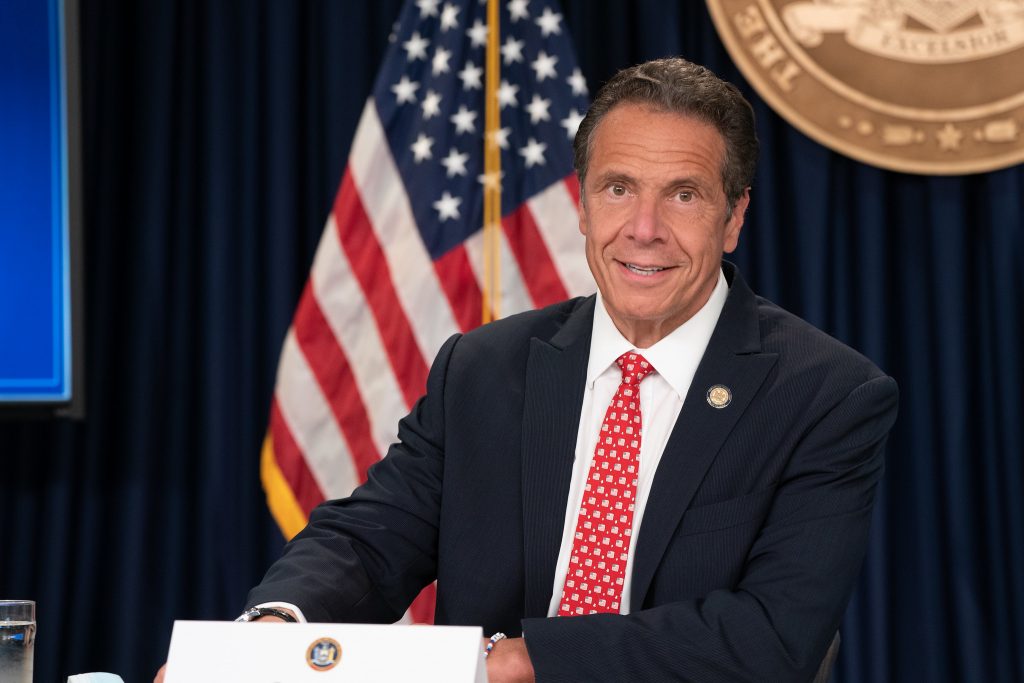
Good Morning from Washington, D.C….
- $54.97 billion in Energy and Water funding, about a 6 percent increase above the fiscal year 2021 enacted level. This funding encompasses the Energy Department, Army Corps of Engineers and Bureau of Reclamation.
- $44.9 billion for the Energy Department for the current fiscal year, an $2.9 billion increase above the fiscal year 2021 level, according to a summary of the bill. Of that, $20.7 billion would be provided for DOE’s nuclear security programs through the National Nuclear Security Administration.
- $14 billion for various responses to the Russian invasion of Ukraine
- $774 million to increase pay and recruit additional congressional staff
- $17.5 billion for high-poverty K-12 schools, an increase of $1 billion, the largest in more than a decade.
The long-delayed bill is 2,741pages long and totals $1.5 trillion in spending, funding the government through October. The final passage included another short continuing resolution, because by the time the House passed the bill, the Senate could not clear procedure in time. The bill also includes “member-directed spending” a.k.a. earmarks for specific projects in members’ districts for the first time since a ban went into effect more than a decade ago. This process was more transparent in that projects were listed on members websites, but continued to be beyond opaque as to which requests made it into the final bill… and which did not. Broadly, the House requests fared better than the Senate ones. Read more on what is in the final bill here. Senator Roy Blunt (R-Mo.) said earmarks created “a specific micro-reason” to support the funding bill. “It’s easy to be opposed to things on a macro basis,” said Blunt. “And member-directed spending allows you to have something you can go home with.”
The legislation also reauthorized the Violence Against Women Act. The bill was first introduced nearly three decades ago by then-Senator Joe Biden. The expanded version which he will now sign as President expands protections for sexual and domestic assault survivors, increase training for law enforcement, and require the federal government to notify the state when someone convicted of domestic assault lies on a background check in an attempt to purchase a gun illegally.
In New York State…
The omnibus is significant and shows the clout of Senate Majority Leader Chuck Schumer. As Senator Daniel Patrick Moynihan pointed out in the 1970s and as many have pointed out since, New York is a donor state: one that sends more money to Washington than it gets back. That has changed, at least temporarily. The state directly benefited from $1.59 in federal spending in fiscal year 2020 for every $1 in federal taxes its residents paid in 2020, according to a report released by Comptroller Tom DiNapoli. That’s up from 91 cents the prior year. “It’s certainly good news,” DiNapoli said in an interview. “We’ve become a net gainer.” There is still more to do. New York still lagged behind the national average of $1.92 spent per $1 of tax revenue, and the state ranked 40th in the lowest return. New York received $146 billion, or $7,236 per capita, more in federal spending than residents paid in total taxes to the federal government in the last federal fiscal year that starts October 1, the report found.
Patrick Moynihan pointed out in the 1970s and as many have pointed out since, New York is a donor state: one that sends more money to Washington than it gets back. That has changed, at least temporarily. The state directly benefited from $1.59 in federal spending in fiscal year 2020 for every $1 in federal taxes its residents paid in 2020, according to a report released by Comptroller Tom DiNapoli. That’s up from 91 cents the prior year. “It’s certainly good news,” DiNapoli said in an interview. “We’ve become a net gainer.” There is still more to do. New York still lagged behind the national average of $1.92 spent per $1 of tax revenue, and the state ranked 40th in the lowest return. New York received $146 billion, or $7,236 per capita, more in federal spending than residents paid in total taxes to the federal government in the last federal fiscal year that starts October 1, the report found.
Legislative “One House” budget proposals were released late Saturday night by the Assembly, and on Sunday night by the Senate.
A few key provisions included in either the Senate or Assembly One House Budget Proposals are below:
- Increase in funding for Emergency Rental Assistance Program (ERAP) by $1.25 billion
- $500 million for the Homeowner Assistance Fund
- $50 million to help homeowners pay for storm damage not covered by insurance
- $1.7 billion increase for 5 year affordable housing capital plan
- $500 million to help consumers across the state for spiking utility bills, many of whom have fallen into arrears
- Maximum TAP award increased by $1,405
- $3 billion for universal child care
- No mayoral control of New York City schools
- Provides an additional $400 million for the Statewide Health Care Facility Transformation Fund IV to bring the proposed fund to $2.1 billion
The Senate, Assembly, and the Executive Chamber will now begin three-way negotiations toward a final budget, which is due by the April 1 start of State Fiscal Year 2022-23.
Meanwhile, New York’s Office of Cannabis Management posted proposed regulations for licensing the first adult-use cannabis dispensaries, offering long-awaited details for how the lucrative market will get its start. The rules outline requirements for conditional adult-use retail dispensary licenses, which will be exclusively reserved for people with marijuana convictions or people who have immediate family members with marijuana convictions from before the drug was legalized. That may mean dispensaries open before the end of the year. The Cannabis program has been slow to get started but expect it to move quickly now with additional regulations on other licenses in early April.
In this difficult world, there are still amazing surprises. An exhibition found Shackleton’s ship, Endurance, over a century after it sank in the Antarctic. Endurance set out in December of 1914 but by February of the following year, the ship had become stuck in pack ice. The crew was forced to abandon the ship which, over the course of a couple of weeks, eventually succumbed to the pressures of the pack ice and sank. Thousands of miles from civilization and without any means of communication, the 28-man crew eventually made their way back to civilization after taking the ship’s lifeboat to a remote whaling station on South Georgia Island.
century after it sank in the Antarctic. Endurance set out in December of 1914 but by February of the following year, the ship had become stuck in pack ice. The crew was forced to abandon the ship which, over the course of a couple of weeks, eventually succumbed to the pressures of the pack ice and sank. Thousands of miles from civilization and without any means of communication, the 28-man crew eventually made their way back to civilization after taking the ship’s lifeboat to a remote whaling station on South Georgia Island.
The Falklands Maritime Heritage Trust and their submersible vessel, Endurance22, had been searching for the ship for weeks before finding it on March 5th. Two miles below the surface, the ship was incredibly well preserved by the frigid artic water.
-Jack O’Donnell
NY Elections: Cuomo Could Have a Shot in Democratic Primary, Poll Finds
Chris Cuomo Offered Rare COVID Plasma In 2020
At the height of the pandemic, the CEO of New York’s blood bank personally offered a coronavirus-stricken Chris Cuomo special access to an experimental therapy — virtually unobtainable by anyone unrelated to then-Gov. Andrew Cuomo, emails reveal. [Read more.]

OD&A Webinar
Governor Cuomo’s Fee for Service carve out set to go into effect in 2023 is expected to impact the healthcare of our state’s most disadvantaged residents. Missed our webinar on Health Equity in New York State? Watch it here.

A Whiskey Worth Considering for Toasting St. Patrick’s Day and Women’s History Month
Here’s a whiskey to sip in honor of both St. Patrick’s Day and Women’s History Month. Grace O’Malley bills itself as “the first Irish whiskey named after a woman” — in this case, a legendary 16th-century figure from Irish history. [Read more.]




